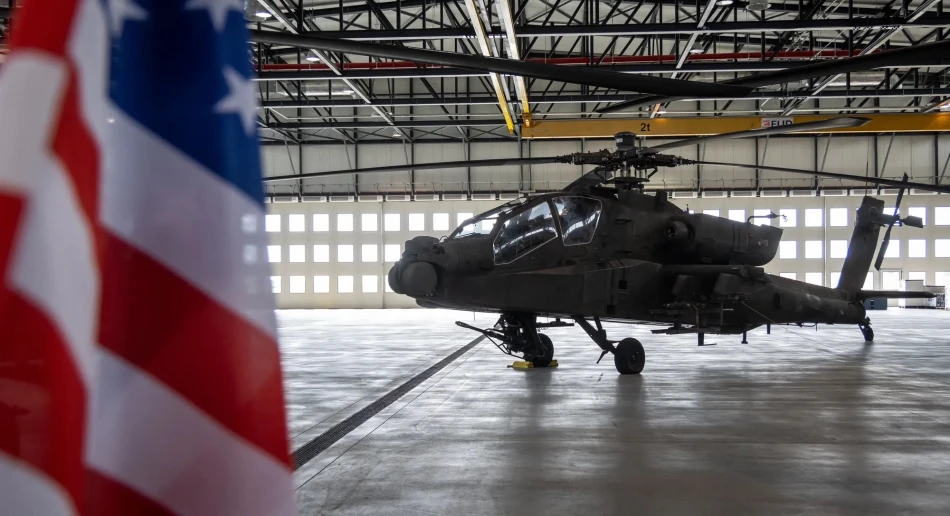
US to Supply Israel with 30 Apache Helicopters and 3,250 Armored Assault Vehicles
Trump Administration Pushes $6 Billion Israeli Arms Deal Through Congress
The Trump administration is seeking Congressional approval for a massive $6 billion arms package to Israel, featuring advanced Apache helicopters and specialized infantry vehicles. The proposed deal represents one of the largest single military aid transactions in recent years and signals a significant escalation in U.S.-Israel defense cooperation during Trump's final weeks in office.
Breaking Down the Military Package
According to informed sources, the proposed arms sale consists of two major components that would substantially enhance Israel's military capabilities across multiple domains.
Apache Helicopter Fleet Expansion
The centerpiece of the deal involves a $3.8 billion contract for 30 AH-64 Apache attack helicopters. These advanced rotorcraft represent the backbone of modern close air support operations and would significantly expand Israel's ability to conduct precision strikes across diverse terrain. The Apache platform has proven its effectiveness in Middle Eastern conflicts, offering superior target acquisition systems and multi-role capabilities that align with Israel's strategic defense needs.
Infantry Vehicle Modernization
A secondary $1.9 billion component covers the procurement of 3,250 specialized infantry assault vehicles designed specifically for Israeli Defense Forces operations. This massive vehicle order suggests a comprehensive modernization of ground forces, potentially preparing for urban warfare scenarios or enhanced border security operations.
Strategic Timing and Political Context
The timing of this arms package proposal carries significant political weight. With the Trump administration in its final phase, pushing through such a substantial military aid package could lock in long-term defense commitments that extend well beyond the current presidency. This mirrors similar end-of-term defense deals seen in previous administrations, where outgoing presidents cement foreign policy legacies through major arms agreements.
Defense Industry and Economic Implications
For American defense contractors, particularly Boeing (manufacturer of the Apache helicopters), this deal represents a substantial revenue stream extending several years into the future. The defense sector has historically benefited from large-scale Israeli military aid packages, as these agreements typically require purchases from U.S. manufacturers, effectively recycling aid dollars back into the American defense industrial base.
Regional Security Calculations
This arms package reflects broader Middle Eastern security dynamics, where regional powers continue military modernization programs amid ongoing tensions. Israel's military enhancement comes as neighboring countries and regional actors maintain their own defense buildups, creating a complex security environment that drives continued weapons acquisitions.
The proposed deal also demonstrates the enduring nature of U.S.-Israel military cooperation, which has remained consistent across multiple American administrations regardless of political party control. Such substantial arms packages typically receive bipartisan Congressional support, though the current political climate may influence the approval timeline and process.
Most Viewed News

 Sara Khaled
Sara Khaled






